GROOMING THIEF: A Detective’s Dilemma

Detective Jones had never faced a case like this before. The Grooming Thief was striking all over town, stealing hair products, makeup, and other personal grooming items from unsuspecting victims. At first, it seemed like a harmless prank, but as the thefts continued, the people of the city grew more and more alarmed.
WHY KAZAKHSTAN is Hosting the Astana International Forum this Year
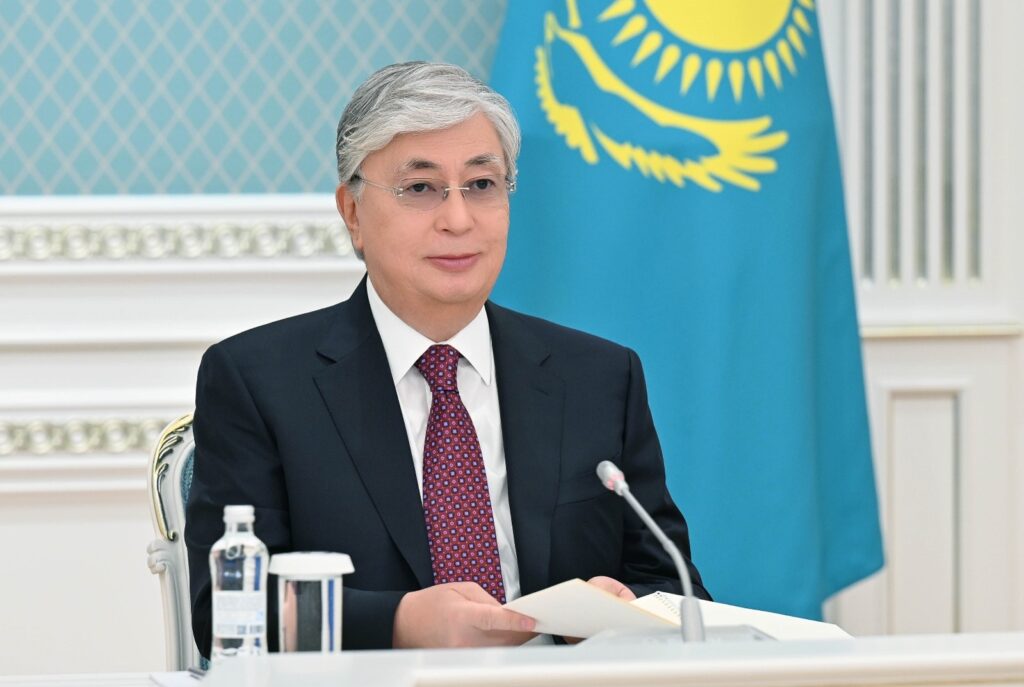
In an increasingly polarized world, Kazakhstan often plays the role of a bridge between East and West, North and South. This is a product of our unique history and geography. For centuries, Kazakhstan has been a meeting point between cultures, fostering not only diversity amongst our peoples, but a true spirit of mutual respect. That is why the value of global cooperation comes naturally to us. It is in this spirit that we have crafted our multi-vector foreign policy, which has served us well for many years.
POWERING THE FUTURE: Exploring the Top IT Companies to Kickstart Your Career in Pakistan

With the rapid advancement of technology, the demand for skilled IT professionals is on the rise, creating an exciting and lucrative field for those seeking a career in this industry.
GILGIT-BALTISTAN and the Geopolitics of the Third Pole
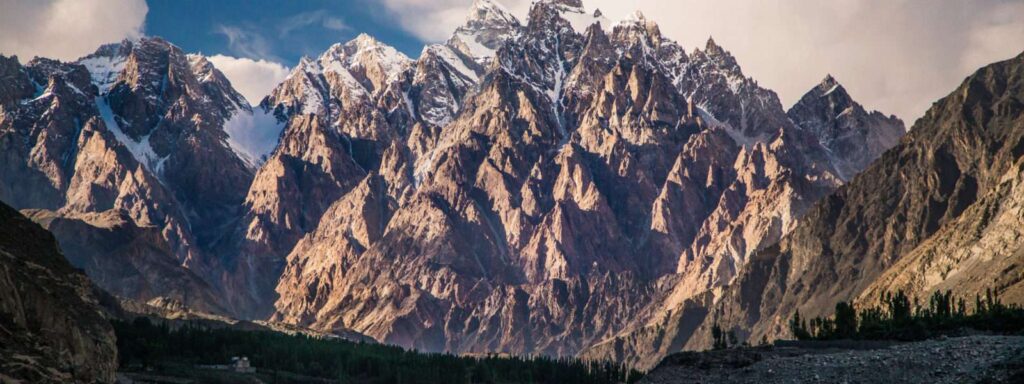
The vast glaciers of the Himalayas, Karakoram, Hindu Kush, and Pamirs, spreading across the highlands of Central and South Asia, are considered to be the globe’s third pole. Interestingly, these mountain ranges converge over Pakistan administered Gilgit-Baltistan (GB) in a unique way, making the region the undisputed core of the third pole. While mega glaciers underscore GB’s significance for regional hydrology and ecology, the region’s ability to connect Asia’s key peripheries makes it a distinctive geospatial entity. Notwithstanding growing climate change concerns and the need for a concerted climate action, India has recently been expressing an intent of confrontation vis-a-vis GB. India’s Defense Minister’s statement, “not to stop until reaching GB” seems to be an extension of the belligerent policies being adopted by the Modi government, especially towards Kashmir and Pakistan. By getting hold of GB, India could attempt to not only disconnect Pakistan and China but also get access to Central Asia and Afghanistan.
BEYOND THE BALLOT BOX: The Impact of Social Media on Modern Politics
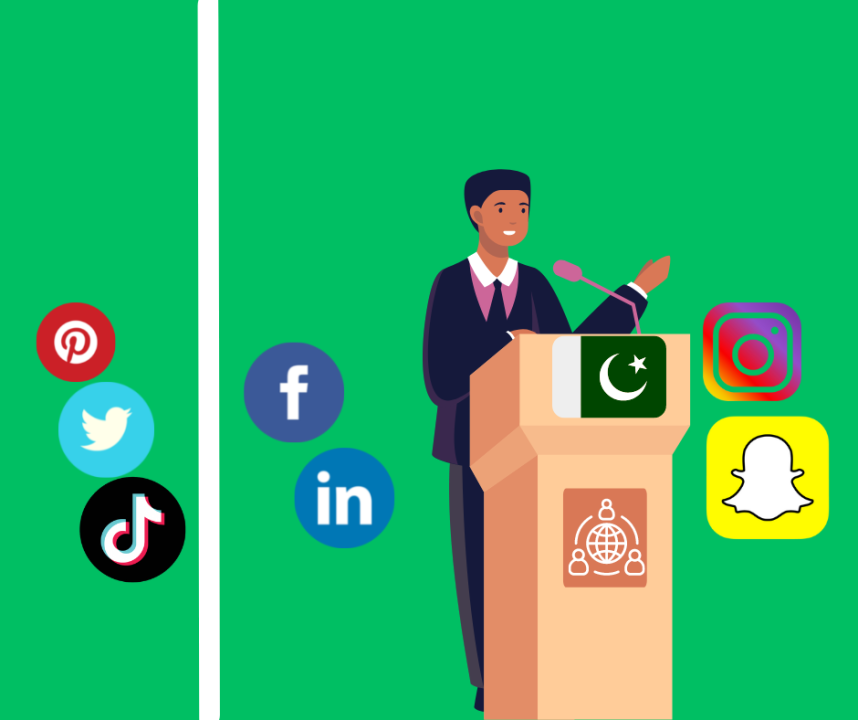
The impact of social media on our daily lives is pervasive and often goes unnoticed. It has transformed our communication patterns and the way others perceive us, granting a platform for expression to all who wish to participate. Additionally, it has revolutionized the political landscape, enabling politicians and citizens to use online platforms to share their thoughts and viewpoints on various candidates and policies.
FROM DEBATES TO FIGHTS: The Reality of Politics in Pakistan
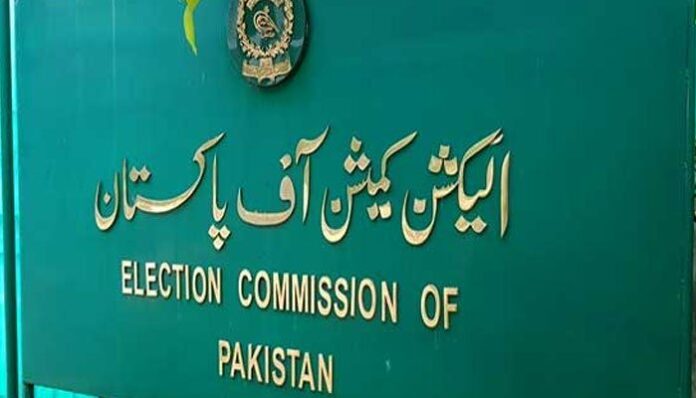
Politics in Pakistan has always been a turbulent affair. The country has been plagued by corruption, violence, and political instability for decades. Political parties in the country have often resorted to violence to further their agendas, and this has resulted in a number of deaths, injuries, and property damage.
RISING DRAGON: How China’s Diplomatic Mediation is Reshaping the Global Landscape
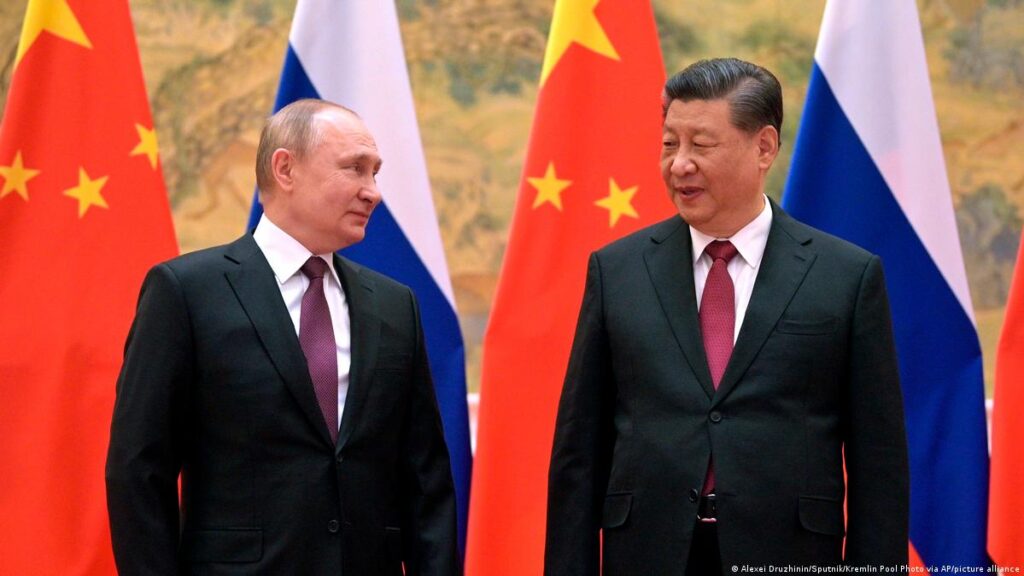
A week after being re-elected as China’s President, Xi Jinping made a momentous move by acting as a mediator in the unexpected rapprochement between Saudi Arabia and Iran. Many see the move as a new level of ambition for Mr. Xi, who is attempting to project himself as a global statesman in the escalating rivalry between China and the United States. Mr. Xi can be seen as seizing on the waning American power in the area and presenting China as an alternative to and for future diplomatic solutions by taking credit for brokering a peace deal in the Middle East.
INFLATION MISREADING: A Threat to Pakistan’s Economic Growth
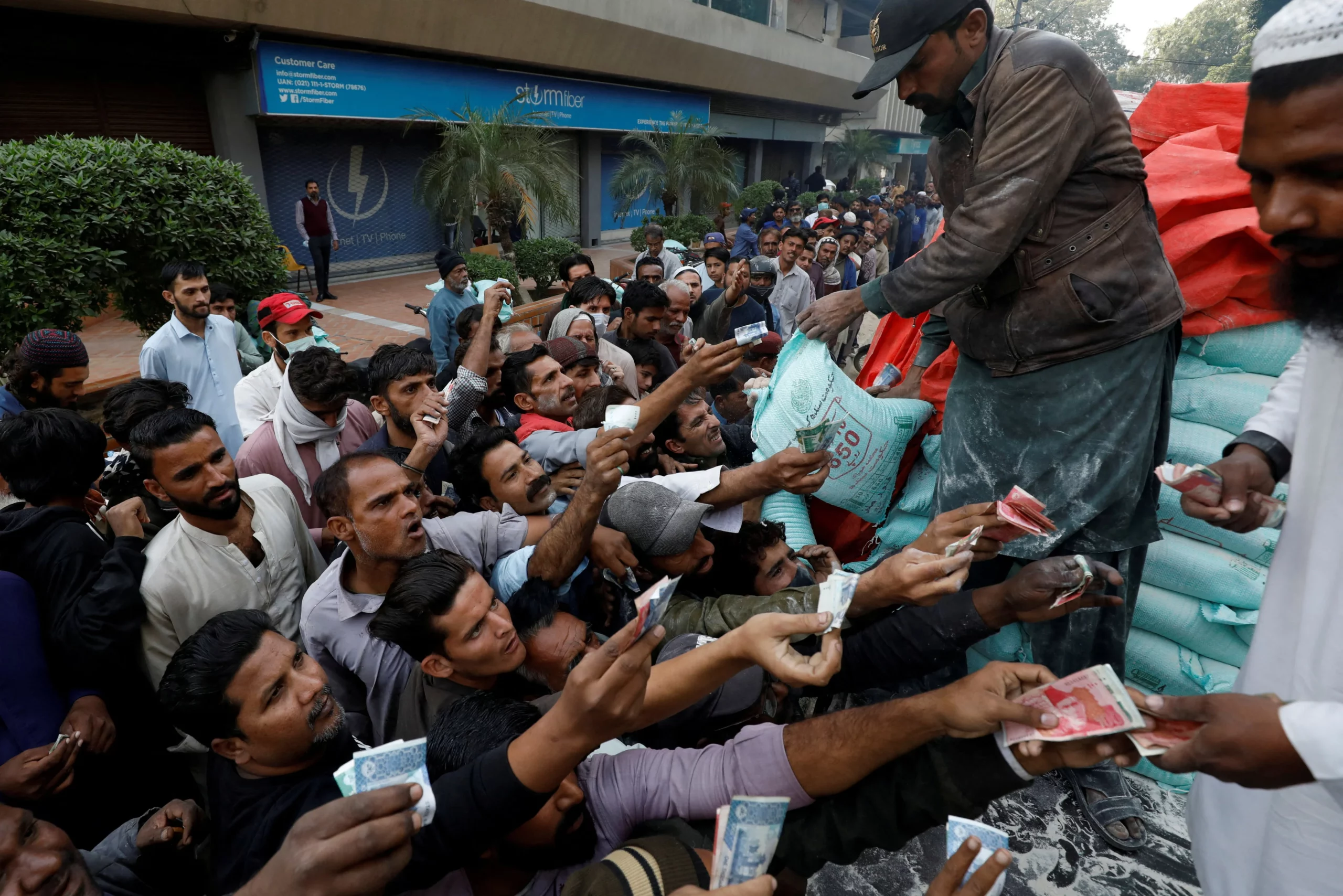
Pakistan’s economy is facing several challenges, with inflation being one of the most pressing. Inflation has been a persistent problem for Pakistan, and if not accurately measured and controlled, it can have a significant impact on the country’s economic growth. Inflation misreading is a severe threat to Pakistan’s economic growth, and it is crucial that the government takes appropriate measures to address it.
The FORESIGHT Magazine – March 2023
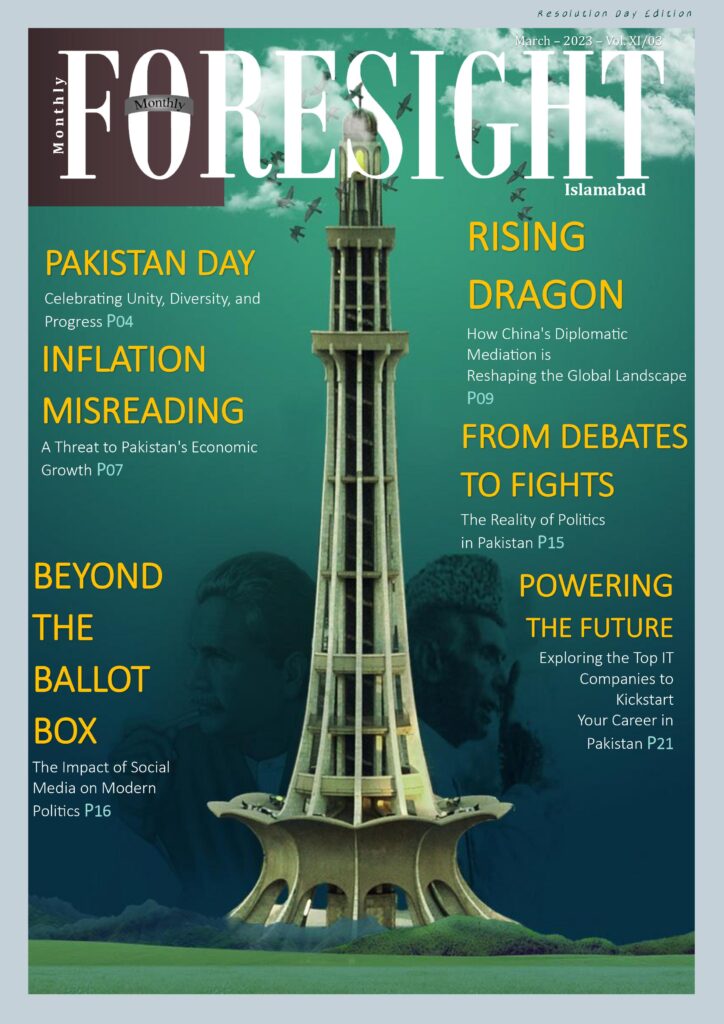
PAKISTAN DAY: Celebrating Unity, Diversity, and Progress
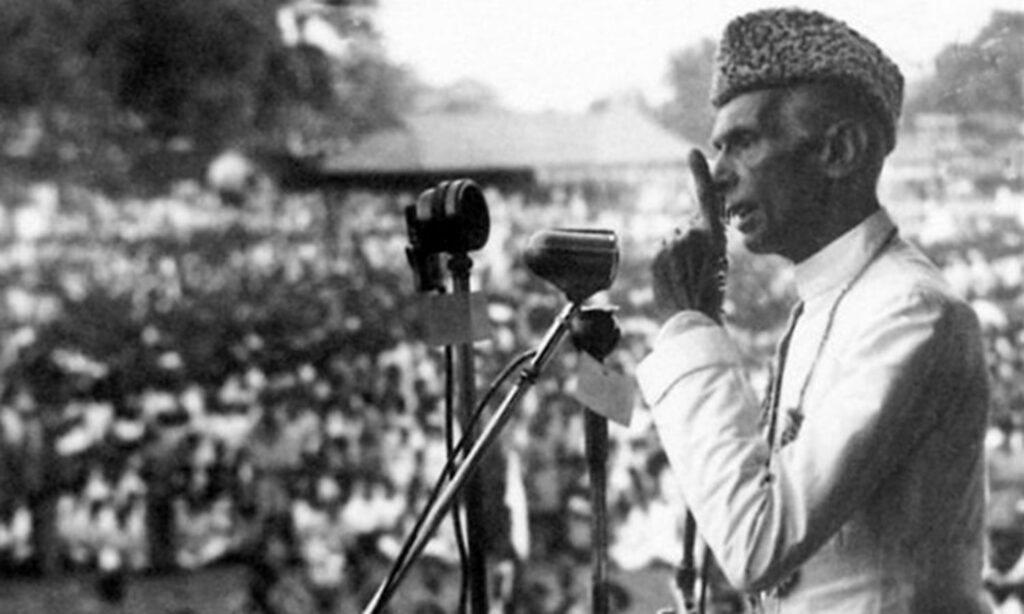
Every year on March 23, Pakistan celebrates Pakistan Day, also referred to as Pakistan Resolution Day. A public holiday is observed to remember the passing of the Lahore Resolution on this day in 1940. An independent Muslim state should be established in the Indian subcontinent, according to this historic decision. The All-India Muslim League’s annual meeting was where Pakistan’s founder Muhammad Ali Jinnah delivered the Lahore Resolution, which was a significant turning point in the fight against British authority. The unanimous approval of the motion served as the foundation for the founding of Pakistan.
In Pakistan, the holiday is observed with tremendous fervour and patriotism. The main festivities are performed in Islamabad, Pakistan’s capital, where a large military parade is conducted. Tanks, artillery, marching soldiers, and other military hardware are displayed during the procession. The parade, which is live broadcast on television, is attended by the president of Pakistan and other prominent leaders. On Pakistan Day, a number of other events and activities take place in addition to the procession. These consist of speeches by well-known leaders, cultural performances, poetry readings, and flag-raising rituals. Schools and colleges hold discussions, quizzes, and other events to commemorate the day and inspire patriotism in the younger population.
